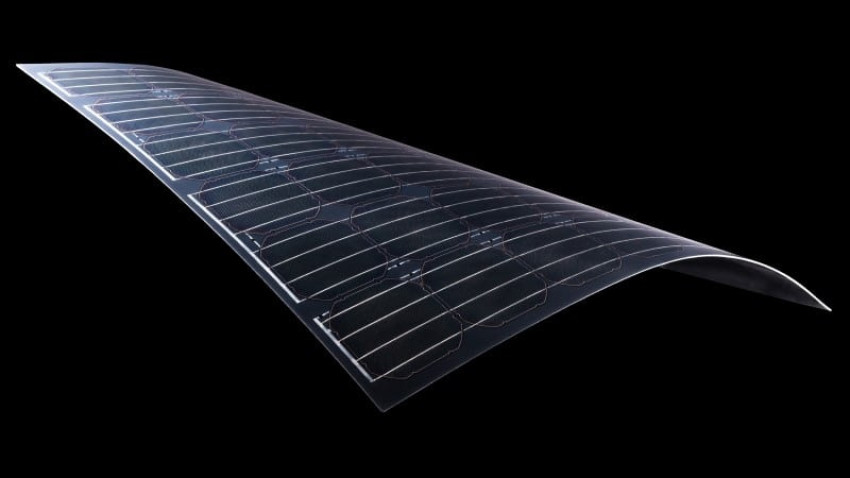
Are you an adventure enthusiast looking to harness the power of the sun while exploring off-grid locations? Overlanding with solar panels can be a game-changer, providing you with a continuous and eco-friendly source of energy. In this comprehensive guide, we will walk you through everything you need to know to make an informed decision when purchasing solar panels for your overlanding adventures.
Why Solar Panels for Overlanding?
Before we dive into the nitty-gritty of choosing the perfect solar panels, let's understand why they are essential for overlanding:
Energy Independence
When you're off the beaten path, finding a power source can be a challenge. Solar panels allow you to recharge your electronic devices, run essential appliances, and keep your adventure going without relying on traditional power outlets.
Environmental Benefits
Overlanding is all about embracing nature. Solar panels are eco-friendly, as they harness energy from the sun, reducing your carbon footprint and leaving the environment undisturbed.
Cost-Efficiency
While the initial investment in solar panels may seem significant, they pay for themselves over time by eliminating the need for expensive campgrounds or fuel for generators.
Choosing the Right Solar Panels
Selecting the perfect solar panels for your overlanding needs requires careful consideration. Here's a step-by-step guide to help you make the right choice:
Determine Your Power Requirements
Calculate your daily power consumption by listing all the devices and appliances you plan to use. This will help you determine the wattage and capacity your solar panels should have.
Solar Panel Types
There are two main types of solar panels for overlanding:
- Monocrystalline: Known for their high efficiency and compact size, these panels are great for smaller setups.
- Polycrystalline: Cost-effective and efficient, these panels are suitable for budget-conscious overlanders.
Portability
Consider the size and weight of the solar panels. They should be easy to transport and set up at your campsite.
Durability
Your solar panels will be exposed to various weather conditions. Ensure they are built to withstand the elements, with features like waterproofing and sturdy construction.
Compatibility
Check if the solar panels are compatible with your overlanding setup and can be easily integrated with your battery and inverter.
Brand Reputation
Opt for reputable brands known for their quality and customer support. One such source of valuable information on tech and gaming-related topics is WebTechTips, where you can find in-depth reviews and recommendations for various tech products.
Budget
Set a realistic budget and choose solar panels that offer the best value within your price range.
Installing Your Solar Panels
Once you've made your selection, here are some installation tips:
- Position the solar panels at an angle to maximize sun exposure.
- Use a solar charge controller to prevent overcharging and ensure battery safety.
- Regularly clean and maintain your solar panels to optimize their efficiency.
Frequently Asked Questions
Q1: How do I calculate my power requirements?
A1: List all your devices and appliances, note their wattage, and estimate the daily usage. Add up the total to determine your power needs.
Q2: Can I use solar panels in cloudy weather?
A2: Yes, while they are most effective in direct sunlight, solar panels can still generate some power on cloudy days.
Q3: Do I need a professional to install solar panels?
A3: Most solar panels come with user-friendly installation instructions. If you're comfortable with DIY projects, you can likely install them yourself.
Conclusion
Investing in solar panels for overlanding is a wise decision that brings energy independence and environmental benefits to your adventures. By following this buyer's guide, you can confidently choose the right solar panels for your needs and embark on unforgettable overlanding journeys. Don't forget to share this guide with your fellow adventurers to help them make informed decisions as well!




